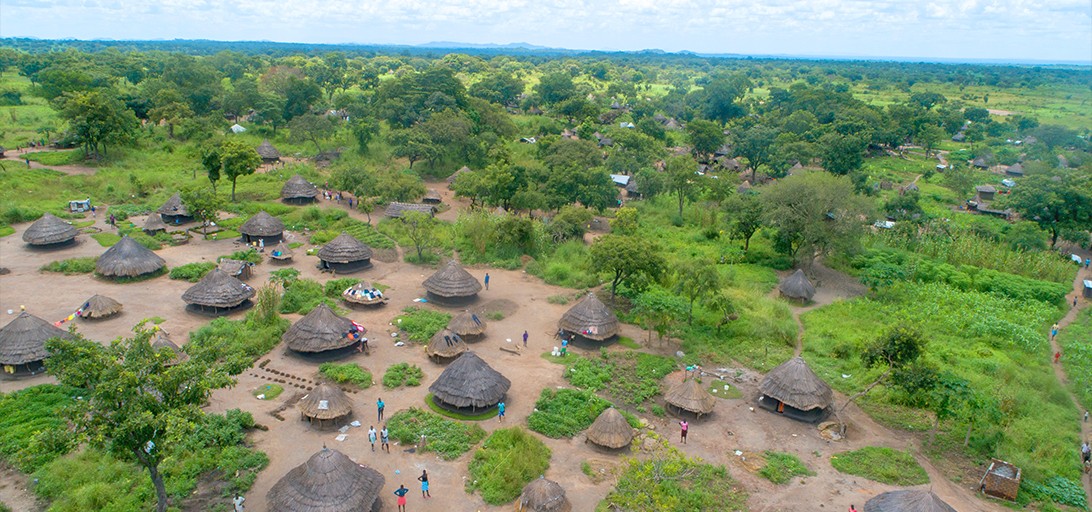With the world largest refugee camp currently located in Dadaab - Northern Kenya, the issue of refugees and immigration is of significance – particularly in Eastern and Northern parts of Africa. In line with fulfilling the mission of Columbia Global Centers, the Nairobi Center is committed to playing its part in by providing a platform for dialogue around this issue. In a broader sense this subjects covers issues like forced migration, human trafficking, refugee law, economic migration, labor mobility, labor rights and human development.
Refugees and Migration
Related News
Migration and City Diplomacy: Empowering Cities on the Central Mediterranean Route
A highly interactive 5-day virtual training on mixed migration and city diplomacy.
Columbia Global Now Accepting Applications for Columbia University Scholarships for Displaced Students
The scholarship provides accepted students with full tuition from participating schools and support for non-tuition expenses from Columbia Global.
Columbia Global to highlight World Refugee Day June 22
Columbia Global to highlight World Refugee Day and the plight of millions around the world forced to flee their homelands.
Questioning the Media and Public Discourse: Reshaping Attention and Inclusion Strategies for Refugees
The Center hosted a hybrid event on forced migration and possible innovative solutions in social inclusion on July 7 with Professor E. Nezih Orhon.
Reach aims to bridge the gap in health literacy and health care access
Refugees Act and Communicate Health (REach) Project is designed to aid refugees and local youth living in urban settings via digital technologies.
Co-Designing mHealth Technologies with Youth: The REACH4Health App
Nairobi Center PGIF Projects on Refugees and Migration
Equitable Access to COVID-19 Vaccine: Challenges and Solutions
Seven months into lockdown: Vulnerable children are at high risk
For the world’s most vulnerable children, the closure of schools due to COVID-19 is more than a temporary evil – it could mean the end of their education. Teachers in the Education for Life program have been trying to maintain contact with students during the crisis.
Monette Zard on improving self-reliance and building resilience of Syrian refugees and host communities in Jordan
Monette Zard directs the Forced Migration and Health Program and is associate professor of Population and Family Health.
Teachers In Crisis Contexts Workshop
The INEE Teachers in Crisis Contexts (TiCC) Working Group, in partnership with the United States Agency for International Development’s Education in Conflict and Crisis Network (USAID ECCN) coordinated the “Teachers in Crisis Contexts Introduction, Contextualization and Implementation Workshop for Kenya,” from June 12-16, 2017 at Columbia Global Centers Nairobi. The workshop brought together practitioners, teacher trainers, policymakers and academics. Participants were introduced to the Training Pack for Primary School Teachers in Crisis Contexts, which was launched in April 2016.
